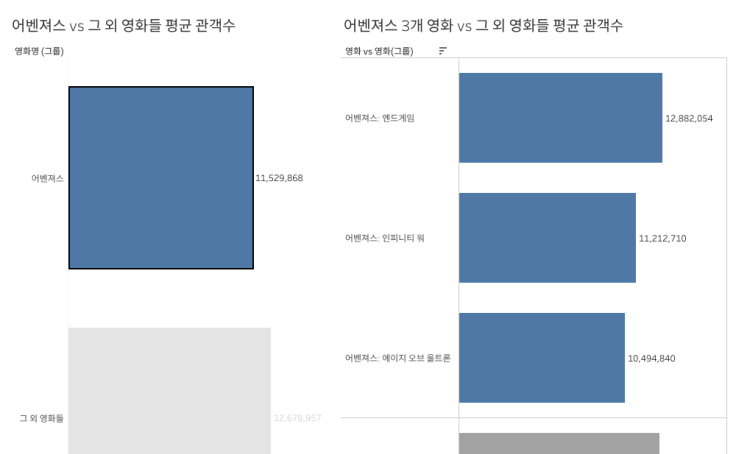

Tableau Online is slightly more expensive than Tableau Server, but it saves on server costs and computing power. Tableau also does all the hard computational work. It doesn't require any on-premise implementation, and all data is stored on Tableau's servers. Tableau Online is Tableau's cloud-based BI solution. We'll talk about Tableau Embedded Analytics later unless you're specifically looking for an embedded solution, you'll be looking at either Tableau Online or Tableau Server. There are two main Tableau business intelligence products - Tableau Online and Tableau Server. The prices for these add-ons aren't posted on Tableau's site, but the fee structure is fixed.īefore a business buys Tableau, they have to decide which version of Tableau they'd like to use. While some may feel cheated that their basic Tableau experience doesn't include these features, it actually saves most businesses money to only pay for these features if they need them. Many of these add-ons only are really necessary for enterprise scale businesses. Their enhanced data governance features and their advanced server management features for on-premise implementations are only available as optional add-ons for an additional fee.

Some of Tableau's advanced features aren't included in the basic Tableau experience. Businesses can select the tiers that make the most sense for them, without having to negotiate an entirely new pricing structure. This helps their pricing to be more flexible, since there aren't just one or two one-size-fits-all solutions. Tableau offers a few different pricing tiers. Tableau's prices, on the other hand, are right on their website, meaning that potential customers don't need to do much work to find them out.
Tableau online vs tableau public software#
At other software companies, a potential customer might have to explain their business and use case to a few different sales personnel before they can even start discussing the potential price of a solution. They're more transparent, meaning it's easier to budget out what Tableau might cost without speaking to Tableau personally. However, Tableau's flat rates have advantages of their own. Flexible pricing helps customers and BI merchants find the pricing model that works best for both parties. For instance, a large customer might be underpaying and not getting the support they need, while a smaller customer may be overpaying for a solution they don't need. For most BI businesses, flat rates aren't flexible enough to ensure that each company is paying the right amount for their tool. Many tools don't offer flat rates for their software, because customer needs vary so much in the business intelligence space. Tableau is one of the few business intelligence tools that advertises flat rates.


 0 kommentar(er)
0 kommentar(er)
